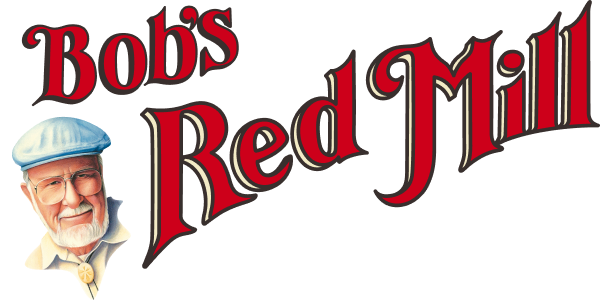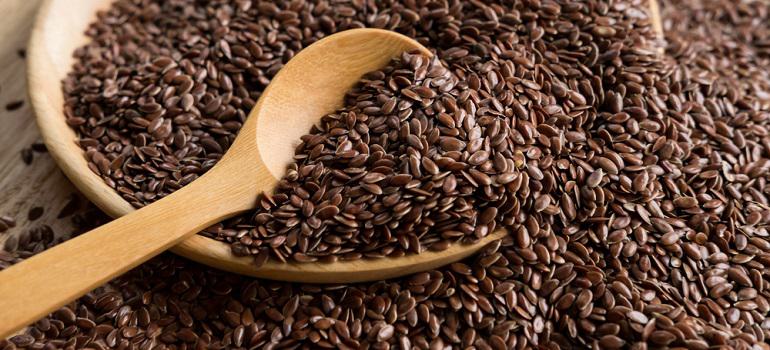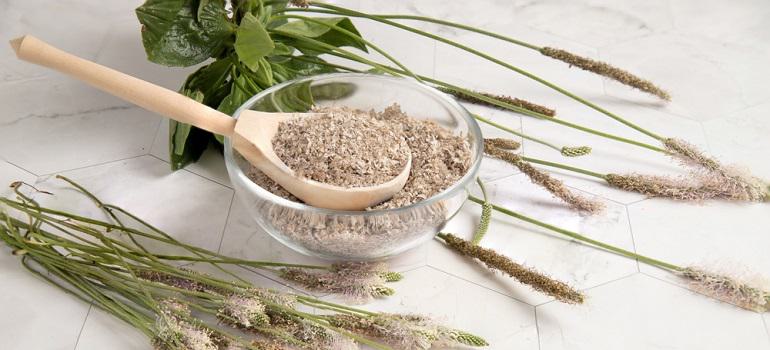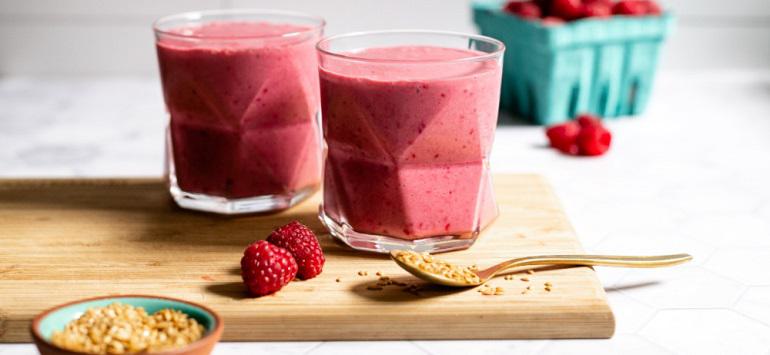



 While psyllium husk might not look like a typical superfood, it's overflowing with powerful nutrients. Psyllium husk is a fiber harvested from the seed Plantago ovata. Plantago ovata is commonly found in India and is one of the world's most popular sources of soluble fiber. So if you want to add more fiber to your diet, skip the supplements and head straight for psyllium husk. Making natural psyllium husk a part of your daily health routine is an excellent way to relieve constipation and boost overall digestive health.
While psyllium husk might not look like a typical superfood, it's overflowing with powerful nutrients. Psyllium husk is a fiber harvested from the seed Plantago ovata. Plantago ovata is commonly found in India and is one of the world's most popular sources of soluble fiber. So if you want to add more fiber to your diet, skip the supplements and head straight for psyllium husk. Making natural psyllium husk a part of your daily health routine is an excellent way to relieve constipation and boost overall digestive health.

 Eager to begin adding flaxseed to your diet? These two recipes are an excellent place to start.
Eager to begin adding flaxseed to your diet? These two recipes are an excellent place to start.